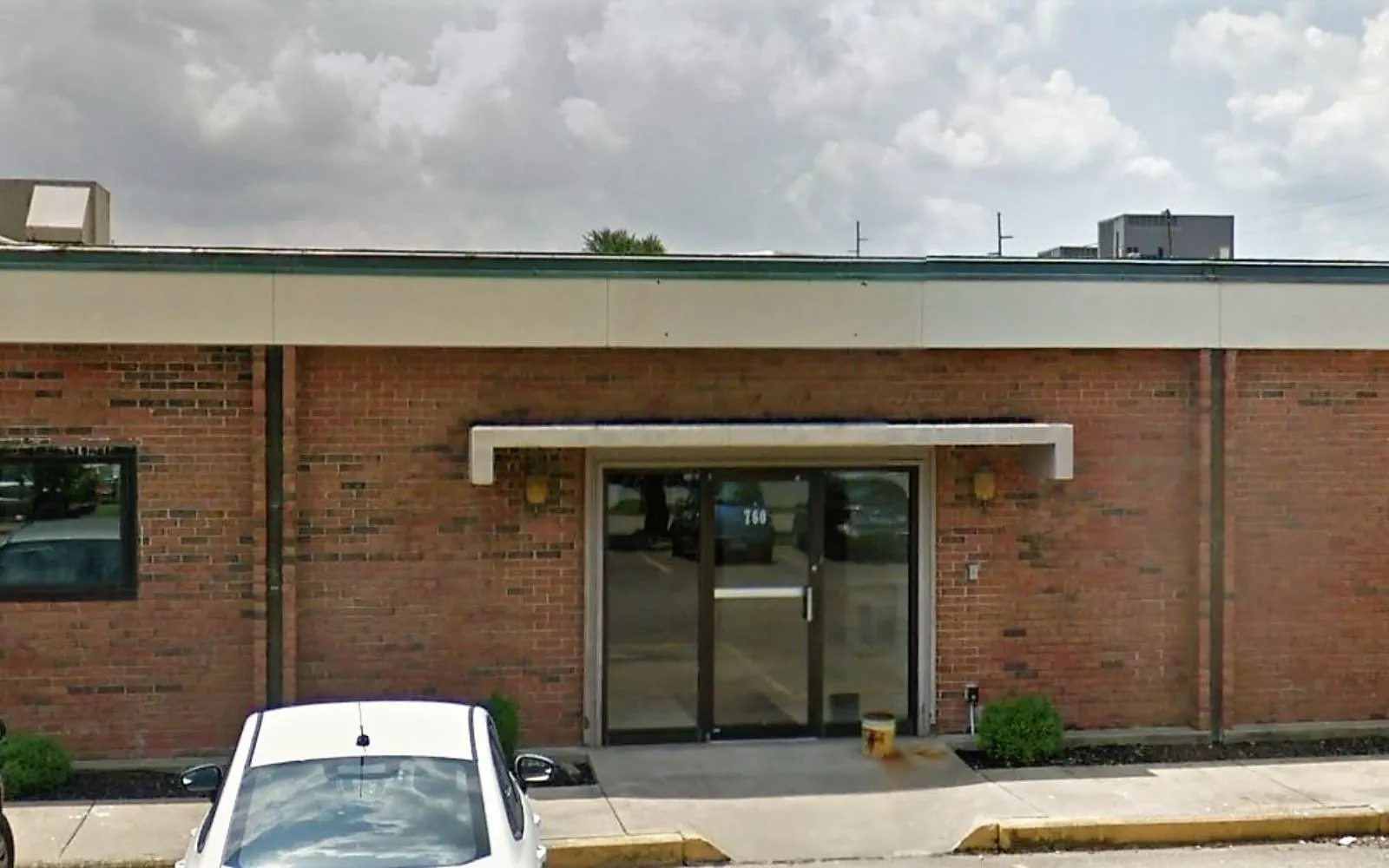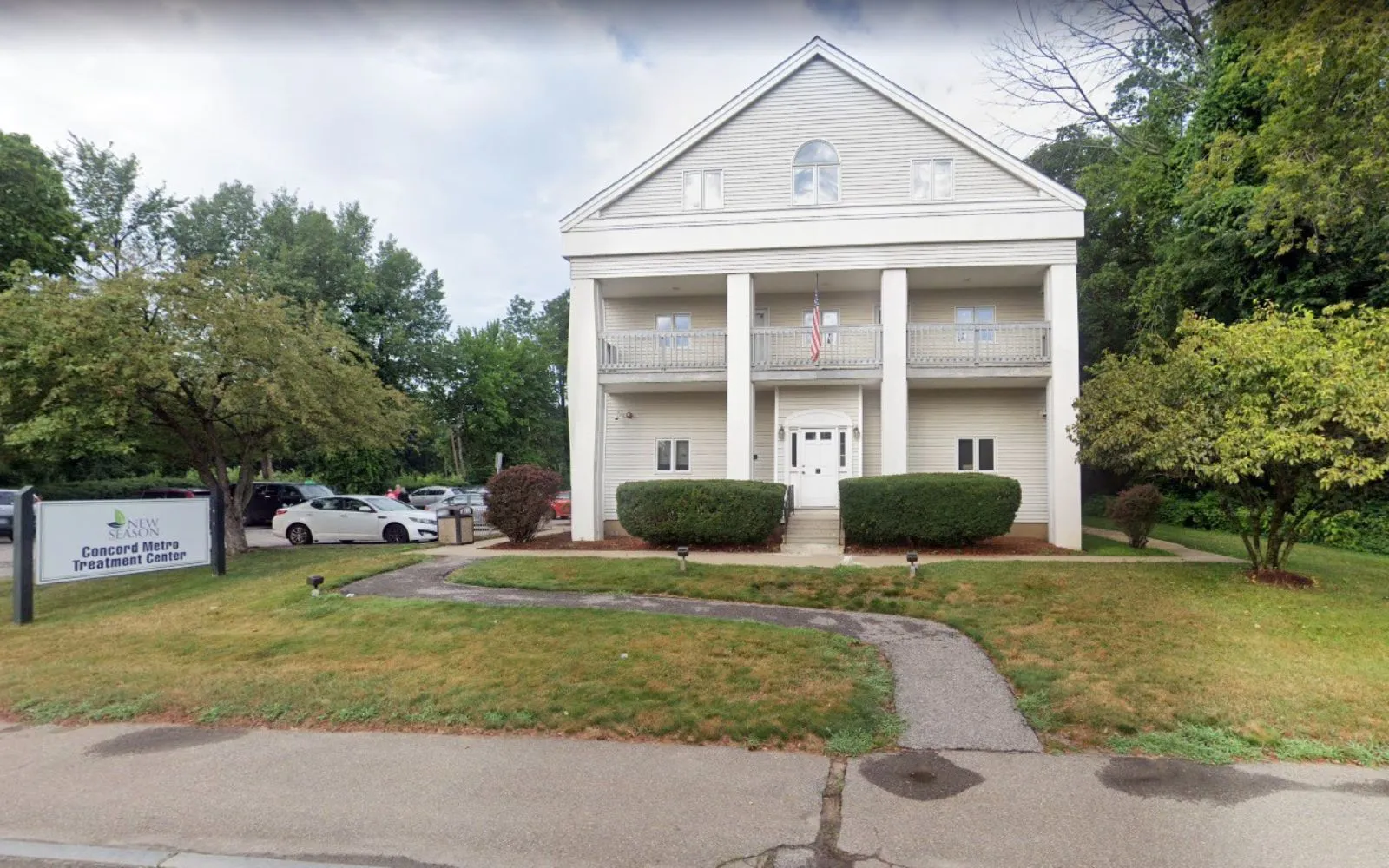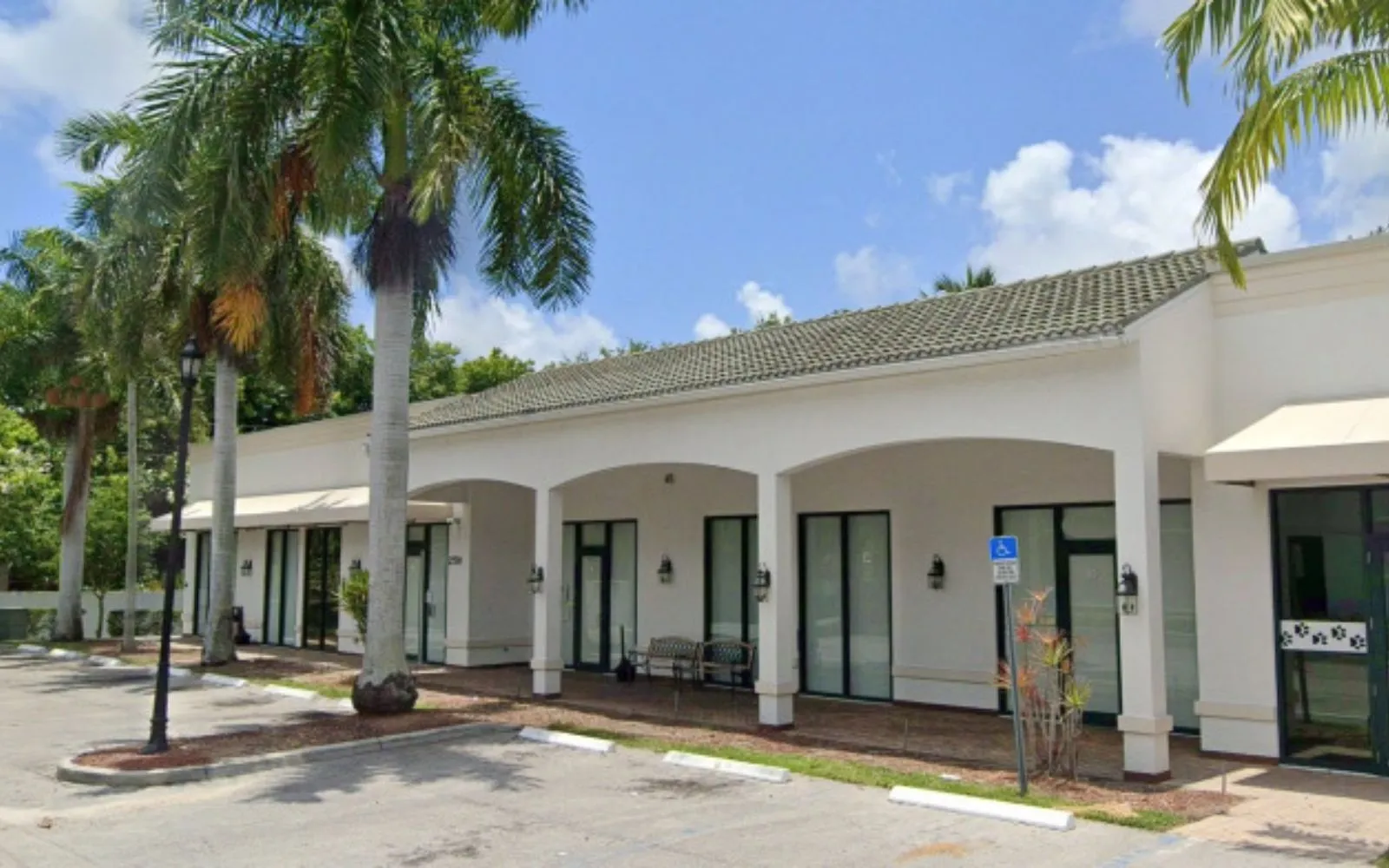Serving the community of Montgomery, Alabama, New Season-Montgomery is a committed alcohol and drug treatment facility. The institution provides comprehensive care via its medication-assisted therapy (MAT) program, with a focus on addiction treatment for both men and women. Since all services are offered as outpatients, people may continue living their normal lives while still getting the critical care and support they need.
FDA-approved drugs are used in the New Season program to assist decrease cravings and relieve withdrawal symptoms, greatly improving the likelihood of long-term recovery success. These drugs provide a crucial starting point for people who want to recover their opioid use disorder (OUD) and take back control of their life by reducing the chance of recurrence.
New Season provides both group and individual therapy in addition to medical care. By addressing the psychological and emotional underpinnings of addiction, these therapy sessions assist clients in identifying the fundamental reasons for their drug use. In order to manage life's obstacles and difficulties in a more healthful manner, patients also learn new coping mechanisms throughout treatment.
The program incorporates relapse prevention techniques to make sure individuals have the resources they need to stay sober. It is recommended that people join self-help groups so they may get assistance from peers who share their values. Depending on each client's particular demands, the duration of therapy varies; care is provided for as long as is required to guarantee a stable and long-lasting recovery.
Since 1986, New Season has led the way in offering specialized, superior treatment for OUD, running more than 80 treatment facilities across 20 states. In order to lessen the stigma attached to obtaining treatment, they are dedicated to educating communities about the nature of opioid addiction as a disease. The group puts in a lot of effort to provide a nurturing atmosphere where patients may find mental, physical, and spiritual rehabilitation.
Each patient receives a personalized treatment plan from New Season's rehabilitation programs, which integrate the most recent scientific discoveries with a holistic approach. With a profound regard for each person's dignity and self-worth, the services offered include medical assistance, counseling, and MAT.
With its CARF accreditation and SAMHSA listing, New Season-Montgomery has reaffirmed its dedication to provide efficient, humane, and evidence-based treatment.
Montgomery Metro Treatment Center - New Season Information
Treatment
Who We Treat
- Male and Female
Approaches
- Individual Treatment
- Medical
- Family Therapy
- Group Therapy
- 1-on-1 Counseling
- Medication-Assisted Treatment (MAT)
Substances We Treat
- Opioids
Languages
- English
Level of Care
- Outpatient
Experience
Smoking and Vaping Policy
- Smoking Allowed in Designated Areas
- Vaping Allowed in Designated Areas
Accreditations
-
State mental health department
State mental health department accreditation refers to the process of evaluating and certifying the quality and standards of a state's mental health department, ensuring that it provides high-quality services and meets specific criteria for mental health care. The accreditation process is performed by a third-party organization and helps to improve the overall care and treatment of individuals with mental health conditions.
-
Drug Enforcement Agency (DEA)
DEA accreditation refers to the process by which a law enforcement agency is recognized by the Drug Enforcement Agency (DEA) as having met specific training, operational, and resource requirements necessary to participate in DEA-led drug enforcement efforts. This accreditation allows the agency to perform DEA-related tasks such as conducting investigations, executing federal search warrants, and participating in joint task forces.
-
SAMHSA certification for opioid treatment program (OTP)
Accreditation by the Substance Abuse and Mental Health Services Administration (SAMHSA) for Opioid Treatment Programs (OTPs) signifies that a program has met strict standards for providing high-quality care to individuals with opioid use disorders. It assures patients, families, and communities that the OTP follows evidence-based practices, employs qualified staff and maintains a safe and effective treatment environment. This accreditation reflects the program's commitment to addressing the opioid epidemic and promoting recovery.
-
Commission on Accreditation of Rehabilitation Facilities (CARF)
CARF accreditation is a prestigious recognition granted to rehabilitation and human service organizations. It signifies that an organization meets high-quality standards, having undergone a rigorous evaluation process. CARF accreditation boosts an organization's credibility and ensures top-notch care for individuals with disabilities, injuries, or healthcare needs.

Additional Locations
Montgomery Metro Treatment Center - New Season Accepts The Following Insurance Plans
Find the best treatment options. Call our free and confidential helpline today!


















